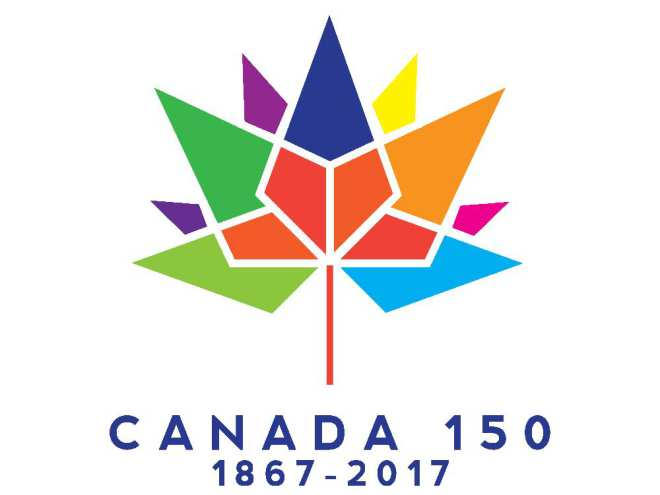So, what can be said about Canada’s public administration as the country celebrates its 150th anniversary? Quite a lot, actually, far more than what I can squeeze into this column. The reality is that the public service of the government of Canada is actually older than the country itself. The three provinces (United Canada, Nova Scotia and New Brunswick) that made the new “Canada” each had experienced bureaucracies that, to some degree, contributed to the national state.
If Canada was allowed to take off at all, I would argue, it was because each of these jurisdictions had fairly good and professional cadres who actually knew their stuff and could offer good advice to politicians.
The civil service kept pace with the country, through thick and thin. There were demands for more professionalization and less political involvement in handing out jobs (particularly in the regions). That practice mostly (but not entirely) ended with the First World War.
There were horrible blunders such as “Indian Affairs” but for the most part the public service of Canada served the country well. A new wave of modernization took place in the 1920s as the economy flourished and then tanked in the 1930s. Through this period, a variety of new institutions were created, including the Bank of Canada and the CBC/SRC.
The Second World War tested the administration as never before, and the governments stretched out its activities by creating a raft of new agencies to handle all sorts of new activities ranging from uranium production to passenger flight (the agency that eventually became Air Canada). With the flourishing of the Welfare State, a new era in public sector history unfolded and more and more people moved to Ottawa to serve the government.
Through the years, the Government of Canada commissioned public inquiries into the civil service. The first one was actually called into action as the country was born in order to get a sense of who-did-what. Many more followed through the years to probe the efficiency of the system. Occasionally, new ideas were actually acted upon, but for most the past 150 years, the civil service just muddled through, pointing its nose towards the future, slowly learning new processes and doing the best it could with remarkably little attention or direction from parliament. What has shaped the public service mostly is the will of the prime minister, a few ministers, and key leaders in the public service itself.
At 150, the civil service of Canada, not to forget those in Ontario, Quebec, New Brunswick and Nova Scotia, must demonstrate that they have not succumbed to the sclerosis of their age. These institutions have survived because they have earned the trust of the politicians and of the public. This can only be done by a rededication to their causes and a renewed commitment to innovation, to observance of the law, to treating citizens with justice, conscientiousness, confidentiality when necessary, and fairness.
The civil services who celebrate their 150th this year must remain committed to democratic governance, and remain non-partisan. They must ensure transparency through better reporting and be accountable at all times for their actions.
They must work to ensure that all employees are treated with respect, and that courtesy must be extended to members of parliament and to the public.
The public services must renew their commitment to continual learning and innovation and keep improving their performance, while at the same time be responsible in assuming risks.
Not least, they must renew their commitment to acting on a strong and tested bedrock of ethics and values.
These commitments are not to be taken for granted. The history of the public service in Canada shows that there have been errors, sometimes very grave errors, made in the carrying out of the government’s will. But as we observe the 150th anniversary of the great experiment called Canada, it is worth remembering that the public services in this country have often been the key ingredient what has kept the country together. The contribution of the public service to the success of Canada is something worth celebrating.

